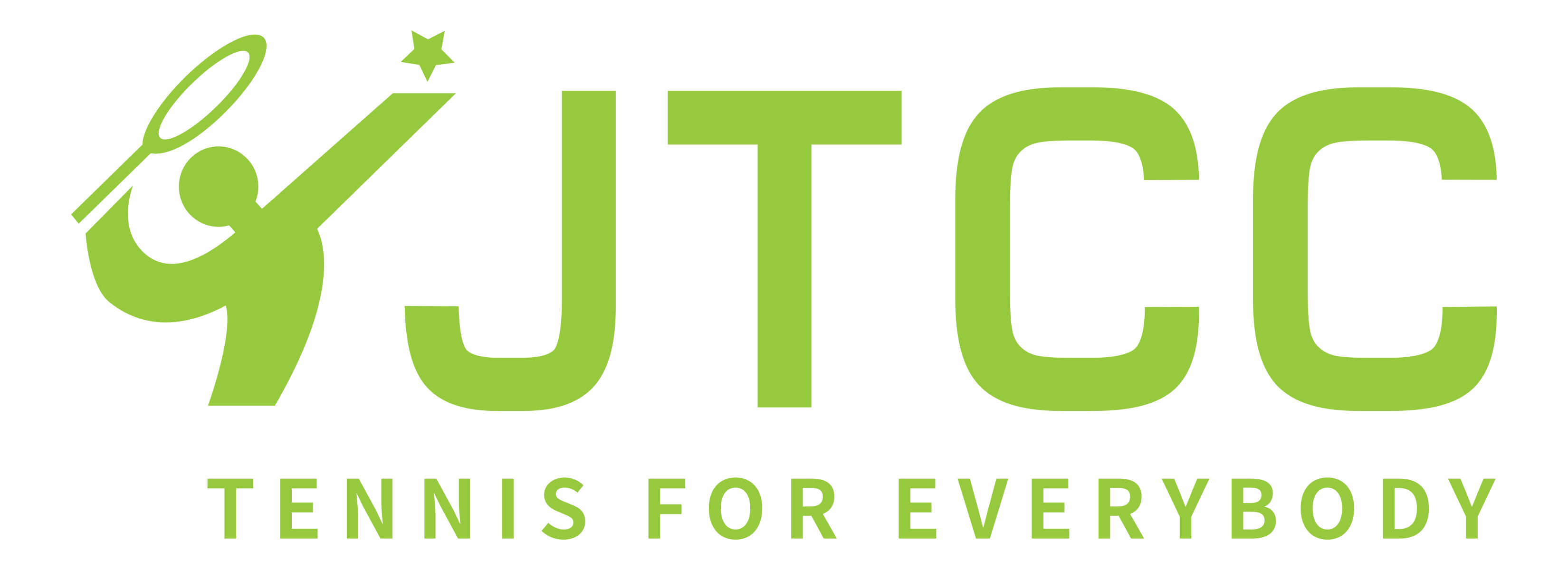
25 players participated in the Tennis Center at College Park inaugural adult summer camp this past weekend
Smorgasbord.
The term defined the camp in every which way.
This past weekend, 25 tennis aficionados participated in the Tennis Center at College Park (TCCP) inaugural adult camp. The three day event was replete with dead and live ball drills, situational and match play, mental toughness training and video analysis. The camp was led by TCCP General Manager Ajay Pant and Adult Director John Borden.
“The genesis of the idea came from TCCP member Steve Cohan,” said Pant. “After completing an adult camp in Texas, he approached me about implementing a similar style event here.”
The duo of Texas-esque stifling heat and a fast paced program ensured campers exerted every ounce of energy.
“I was hoping to be challenged and I was not disappointed,” said camper Adon Rivas. “Besides improving my game, I wanted to push myself both physically and mentally. I loved the exhausting drills.”
In tandem with the taxation of the body, the participants’ mental fortitude was conditioned.
In a study commissioned in the 1980’s, tennis was rated as the second most demanding sport (behind boxing). Not surprisingly horseshoes was tabbed as the least demanding. To bolster the campers mental approach, Pant relayed the teachings of Dr. Jim Loehr, a renowned performance psychologist and co-founder of of the Human Performance Institute.
The first part of the mental toughness training focused on the four responses to pressure (tanking, anger, choking and challenge). In contrast to popular thinking, choking during key points is not an abominable reaction.
“Choking is the second best thing you can do,” said Pant. “If anyone approaches me and says they do not get nervous during a match is delusional and frankly not that good.”
In the second half of the mental aptitude seminar, tips were dispensed on how to handle mistakes during match play. The notion that you can train yourself to properly respond to errors was reinforced.
“Don’t stare at the mistake or rehearse it,” said Pant. “As soon as the error is made, turn away as quickly as possible.”
“There are limitations as you cannot walk around the park,” said a deadpanned Pant. “If you are playing singles, walk past the baseline. Try to emulate [Maria] Sharapova’s routine.”
After walking away from the mishap, place the racquet in your non-dominant hand.
“It is human nature to tighten your grip after a mistake,” said Pant. “The switch to the non-dominant hand avoids any undue stress on your arm.”
For doubles players, Pant recommended meeting for “T” time. Following each point (and especially after a mistake), it should be a habit to link up with your partner near the intersection of the center and service lines (or “T” for short).
Beyond the mental training concepts, it was the personalized instruction that appealed to the players.
“I attend a camp in Westminster, Maryland every year so I am able to compare,” said camper Peter Regner. “The pros here made a concerted effort to provide one-on-one feedback and that is why I signed up.”
Fellow participant Taffy Turner echoed Regner’s sentiments.
“John [Borden] can watch you and quickly identify the problem,” said Turner. “I need work with my volleys and John was instrumental in changing my habits.”
Due to the positive response, a condensed version of the camp will run in the Fall and Spring and the expanded program will take place each July.
“Hopefully the heat and humidity will not be part of the tradition,” said Pant.


